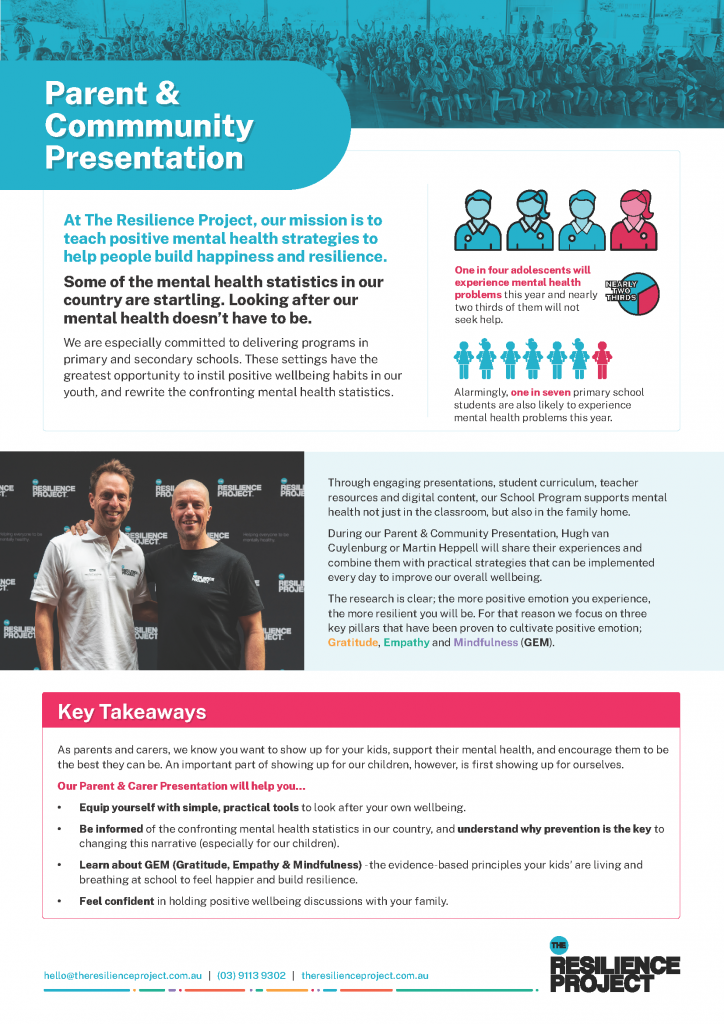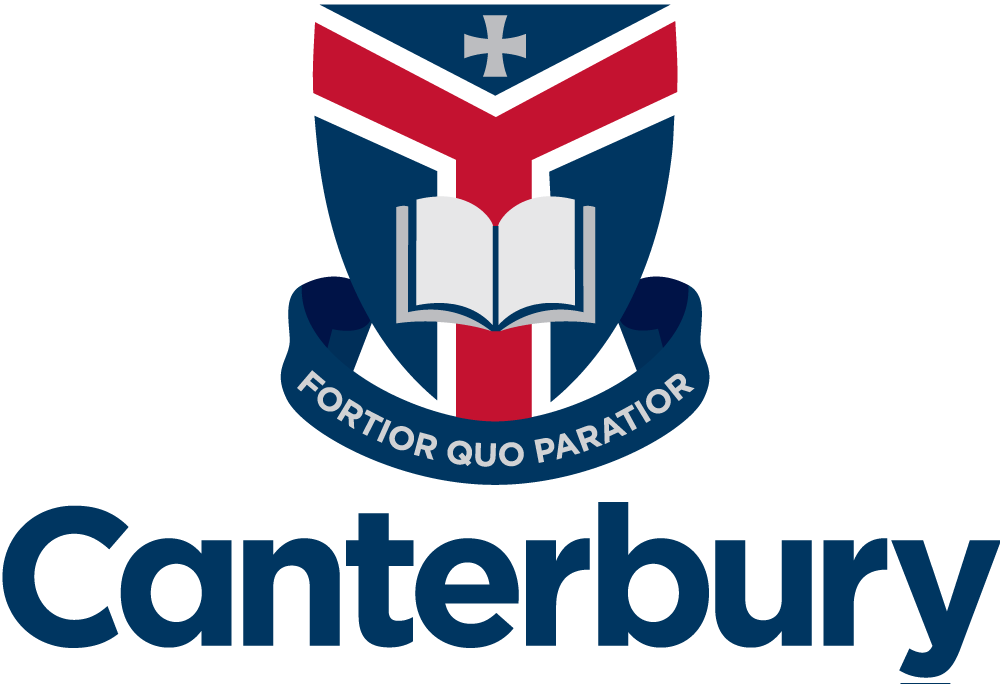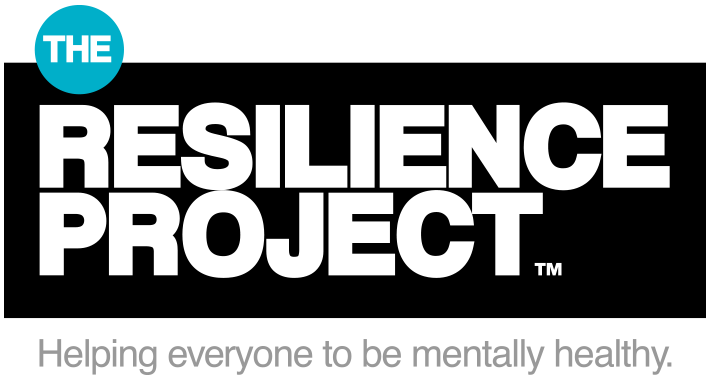Wellbeing Curriculum
Canterbury’s wellbeing curriculum is supported by age-specific evidence-based programs and uses a diverse range of teaching and learning approaches.
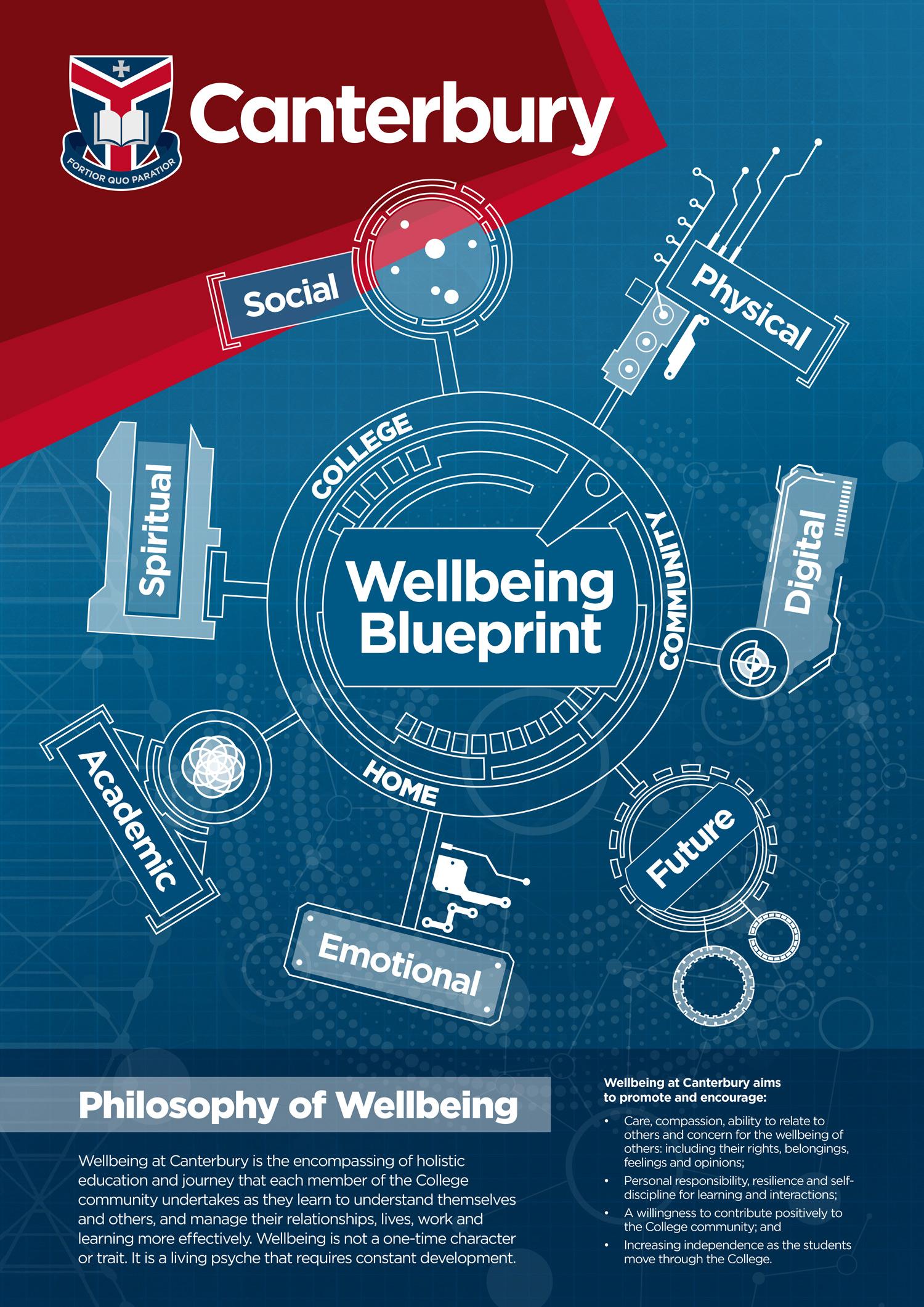
The College’s all-inclusive approach to delivering a wellbeing curriculum encompasses the general capabilities developed by ACARA – the Australian Curriculum, Assessment and Reporting Authority and embedded in the Australian Curriculum.
It also supports our students’ social, physical, emotional, mental and spiritual characteristics, by connecting and promoting wellbeing within all learning experiences from Kindy through to Year 12.
Canterbury wellbeing encourages:
- Care, compassion and the ability to relate to others and feel concern for the wellbeing of others – including their rights, belongings, emotions and opinions.
- Personal responsibility, resilience and self-discipline around behaviour, education, extra and co-curricular activities, plus fellow student and staff interactions.
- A willingness to contribute positively to the College community.
- Increasing independence as the students graduate through the College years.
Resilience is when children and young people can show healthy development despite adversity.
Fostering resilience in young children requires strengthening one’s own personal resources.
Canterbury believes that supporting students to develop resilience is crucial to their educational journey as they strive for success and prepare for an ever-changing world.
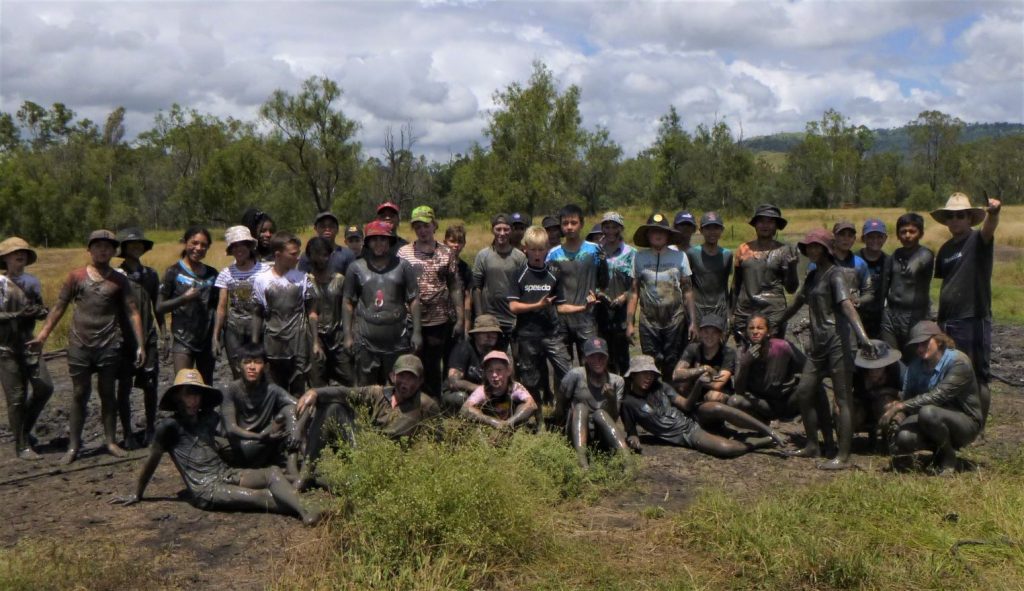
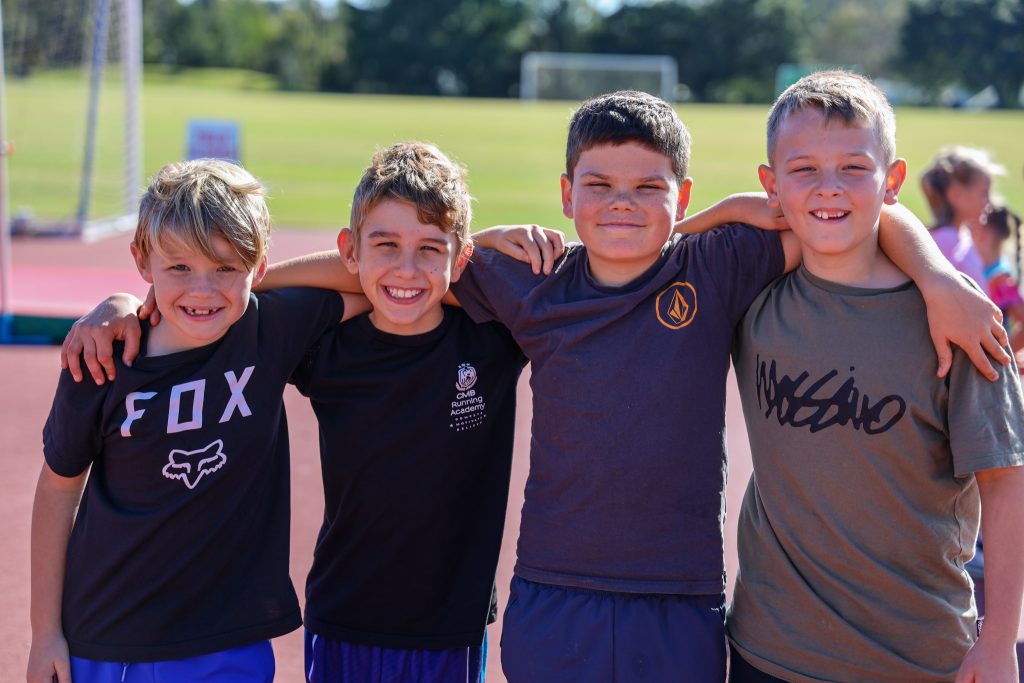
The Resilience Project
The Resilience Project is an integral part of the Canterbury Wellbeing Blueprint and wellbeing curriculum.
It delivers emotionally engaging programs and provides evidence-based, practical wellbeing strategies, to build genuine resilience within our students.
The Resilience Project focuses on three wellbeing concepts: Gratitude, Empathy and Mindfulness (GEM) and how they can be used to support day-to-day learning, the management of emotions, and long-term mental health and wellbeing.
